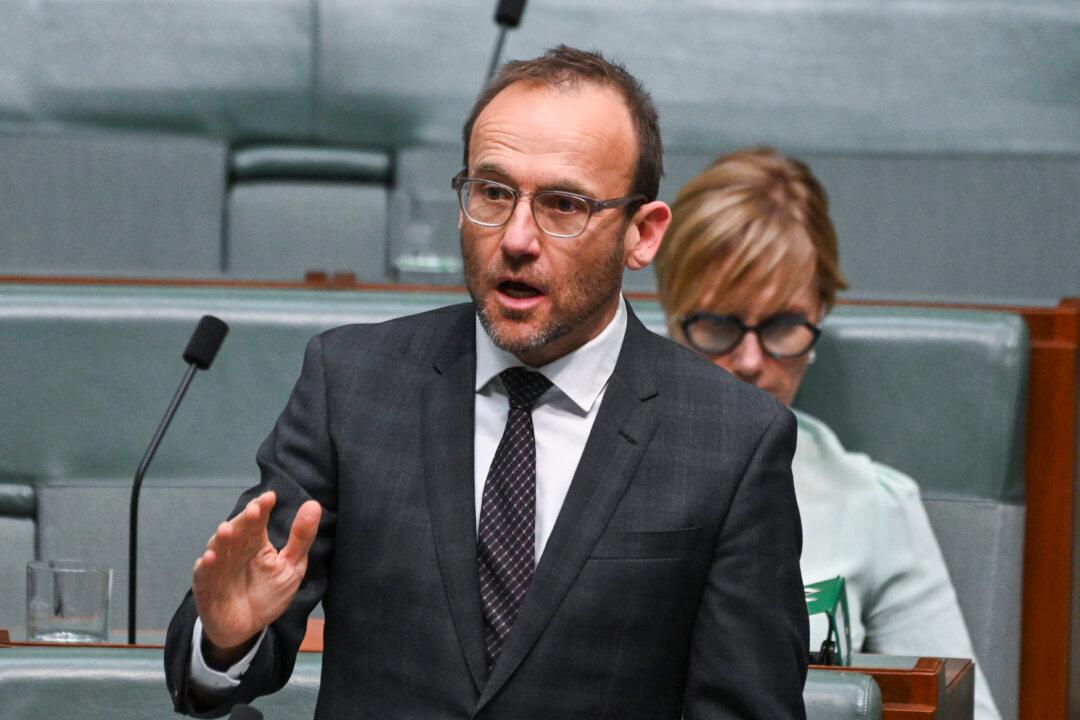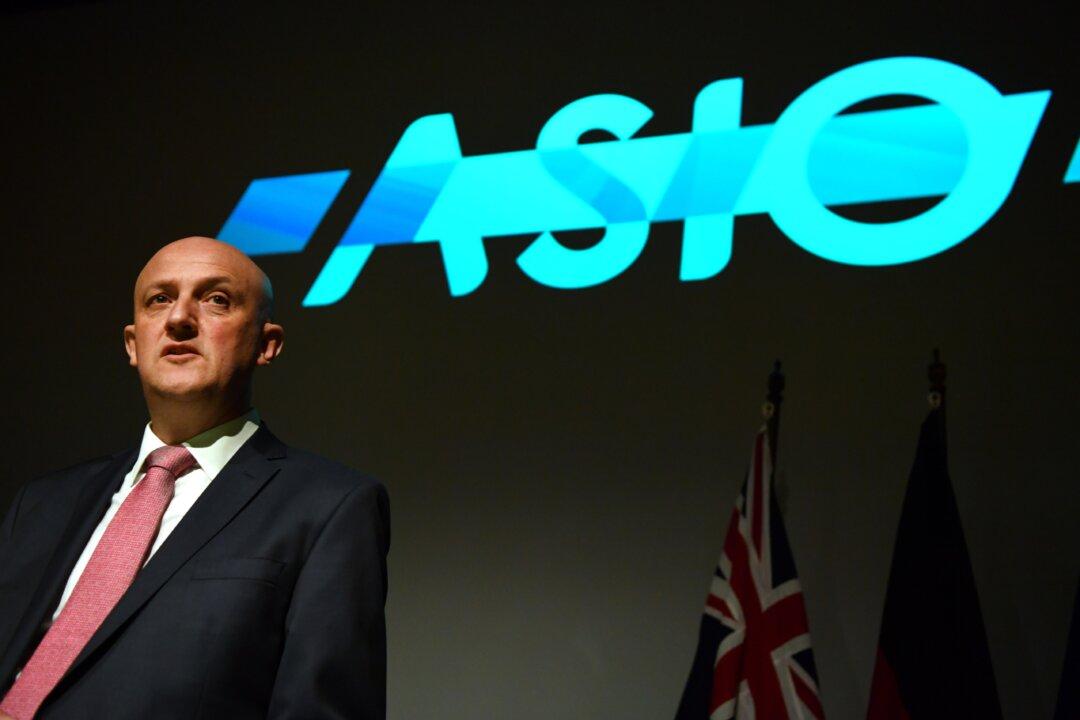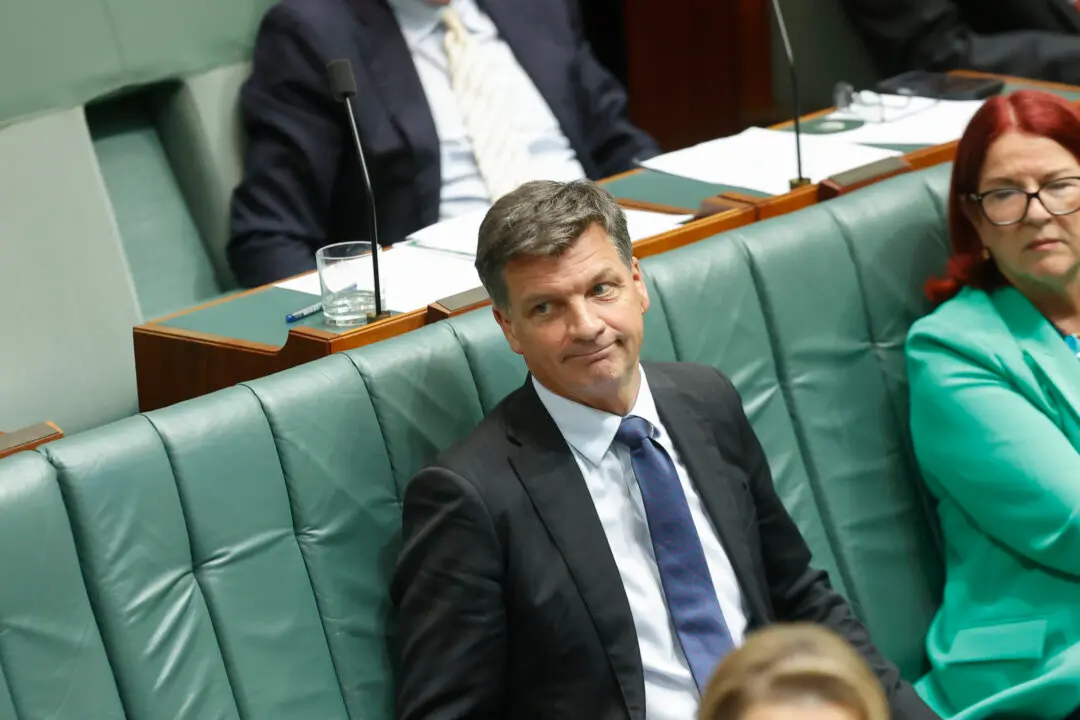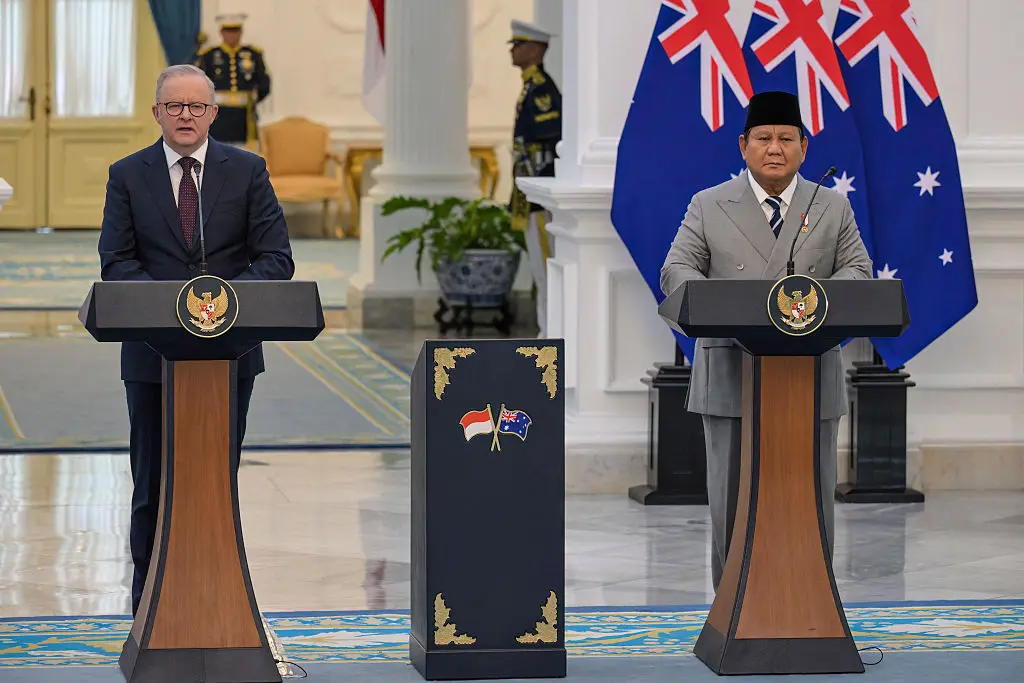A day after the Greens were notably absent when the federal lower house voted on a condolence motion on Oct. 7, Greens leader Adam Bandt tried to explain his party’s position.
“From our view, we couldn’t support a motion that talked about the events of Oct. 7 without also recognising that the extremist [Israeli] Netanyahu government has been found to be committing war crimes, and that there is an unfolding genocide,” said the federal MP for Melbourne.





